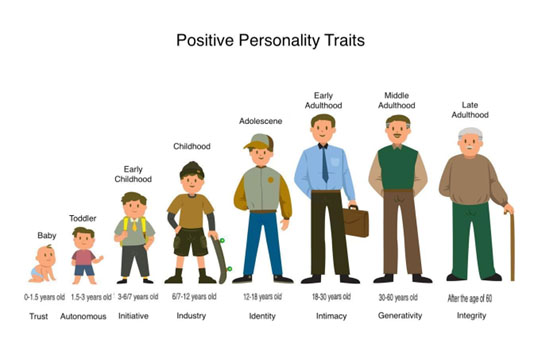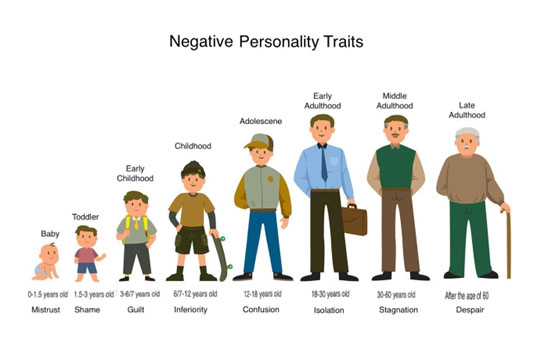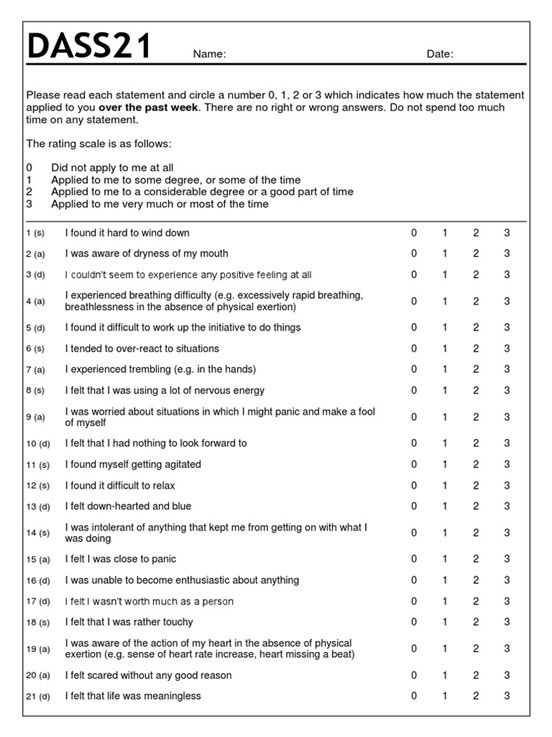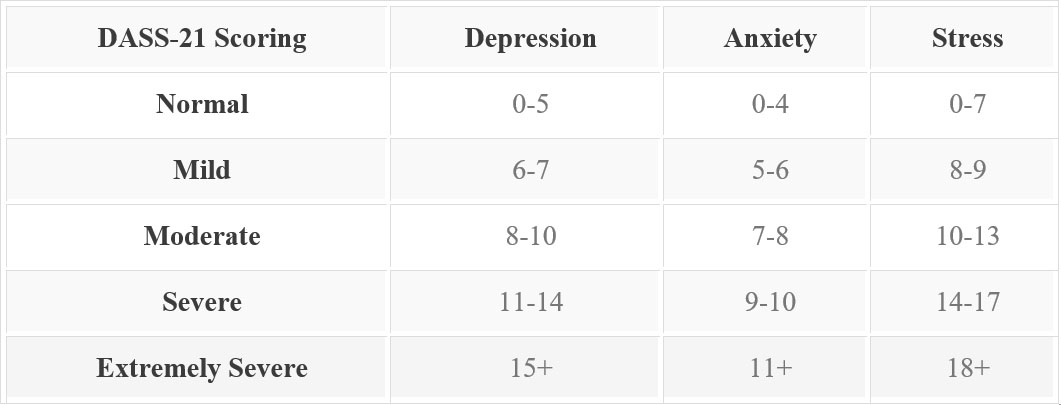
Topic: Do your Children Experience Mental Internal Friction?
Date: 13th March 2024 (Wednesday)
Speaker: Ms Lee Li Li, Clinical Psychologist
Definition of mental internal friction
Mental internal friction refers to psychological activities preceding anxiety and depression, such as being overly sensitive, fixating on minor details, overthinking, and feeling restless. It involves continuously preparing for something before it happens, often surpassing the normal preparation period. If these symptoms persist, it's likely that the individual is experiencing mental internal friction. Such individuals become entangled in certain issues or thoughts, leading to self-depletion, the collapse of their inner world, and a fragile mental state. Without intervention from others or professional help, this can gradually lead to the development of depression and bipolar disorder over time.
Parents can intervene when they notice their children experiencing mental internal friction and guide them to approach the situation from different perspectives. This helps children break free from internal conflict or hypersensitivity, preventing these emotions from becoming habitual as they grow older.
Symptoms include:
The difference between "mental internal friction" and 'thinking twice before acting'
Mental internal friction involves continuously circling and fixating on the issue or problem itself, whereas thinking twice before acting involves considering how to resolve the issue or problem.
How does mental internal friction develop?
Mental internal friction can occur at various stages of human development, from infancy (before eighteen months) to late adulthood (after sixty years). When individuals experience internal conflict without intervention from others, it can become a habitual pattern over time.
During infancy (before eighteen months), if a baby cries without anyone addressing their needs, such as hunger, toileting, or discomfort, they may develop a sense of "doubt": "Why isn't anyone paying attention to me?" This behaviour represents early signs of mental internal friction. To prevent this, parents must promptly respond to a baby's cries to foster a sense of "trust."
In late infancy (eighteen months to three years old), most children have learned to walk and crawl. During this time, parents should provide encouragement and praise to help children learn to perform these actions independently. If parents neglect their children during this stage, the children may develop feelings of shame, representing mental internal friction at this stage. This could hinder the development of independence, causing them to rely on others for basic tasks like walking and crawling. Independence is crucial in addressing mental internal friction. Developing independence allows individuals to become proactive, a skill necessary for learning to help others, working diligently, and so on.
Adolescence (twelve to eighteen years old) marks a pivotal transition from childhood to adulthood. During this period, individuals seek to establish their identity and role, including their personality, future dreams, and goals. They actively seek their identity and may emulate behaviours of those they aspire to be, such as idolizing celebrities. Failure to find their identity during this process can lead to role confusion, representing mental internal friction at this stage. Conversely, successfully establishing their identity results in role consolidation, a positive personality trait.


Short-term mental internal friction vs. long-term mental internal friction
Short-term mental internal friction, when intervened by parents or others at every stage of development, does not necessarily have a negative impact on individuals. It is the long-term mental internal friction, such as experiencing it without intervention from others, that can lead to negative effects. Continuous long-term mental internal friction can result in negative emotions such as anxiety, depression, and functional impairments including social withdrawal, sleep disturbances, eating disorders, decreased concentration, and more. If long-term mental internal friction is not properly addressed, it can lead to various mental health issues.
How to determine if you have mental internal friction?
Below is a short test designed to assess your stress, anxiety, and depression levels over the past week.


 ** For reference only, not for diagnostic purposes.
** For reference only, not for diagnostic purposes.
Interpreting of the DASS Score
According to the analysis of DASS21 scores, if your score falls into the "mild" range, you can seek support from people around you, such as friends, family, etc., and share your stress or emotions. If your score falls into the "severe" or above range, it is advisable to seek help from a professional.
How can parents help children that experiencing mental internal friction?
Social support
Parents need to provide social support to their children by listening to their thoughts and feelings without immediately correcting them, saying things like, "Your thoughts are wrong." This helps children feel comfortable expressing their feelings and thoughts when they experience internal friction.
Participation in social and leisure activities
After listening, parents can find another time to lead and guide their children to participate in leisure and social activities. This helps children break free from internal friction and learn to relax and move beyond their emotions. At the same time, children can realize that there are many other things in life that are worth paying attention to.
Timely affirmation
If children willing to participate in more of these activities or have gained insights into other aspects of life or want to contribute more to society, parents must affirm them in a timely manner.
What should parents do if they are experiencing mental internal friction?
Role model
If parents are facing life issues, such as the loss of their own parents or experiencing grief, they need to be the role model and show their children how to address and resolve internal friction.
For example, if grandmother passes away, and the children’s mom is grieving, she can seek comfort from others and share her emotions and feelings, then engage in activities that help her to relax. Through this approach, children can learn that when facing internal friction, they can seek comfort from others and participate in leisure activities to release their emotions.
Note: The above content is adopted from 8TV, "Living Delights: Do your Children Experience Mental Internal Friction" on 13.03.2024. For further information and assistance, please contact us.
Date: 13th March 2024 (Wednesday)
Speaker: Ms Lee Li Li, Clinical Psychologist
Definition of mental internal friction
Mental internal friction refers to psychological activities preceding anxiety and depression, such as being overly sensitive, fixating on minor details, overthinking, and feeling restless. It involves continuously preparing for something before it happens, often surpassing the normal preparation period. If these symptoms persist, it's likely that the individual is experiencing mental internal friction. Such individuals become entangled in certain issues or thoughts, leading to self-depletion, the collapse of their inner world, and a fragile mental state. Without intervention from others or professional help, this can gradually lead to the development of depression and bipolar disorder over time.
Parents can intervene when they notice their children experiencing mental internal friction and guide them to approach the situation from different perspectives. This helps children break free from internal conflict or hypersensitivity, preventing these emotions from becoming habitual as they grow older.
Symptoms include:
- Overthinking
- Restlessness
- Sensitivity
- Feeling tied up in knots
The difference between "mental internal friction" and 'thinking twice before acting'
Mental internal friction involves continuously circling and fixating on the issue or problem itself, whereas thinking twice before acting involves considering how to resolve the issue or problem.
How does mental internal friction develop?
Mental internal friction can occur at various stages of human development, from infancy (before eighteen months) to late adulthood (after sixty years). When individuals experience internal conflict without intervention from others, it can become a habitual pattern over time.
During infancy (before eighteen months), if a baby cries without anyone addressing their needs, such as hunger, toileting, or discomfort, they may develop a sense of "doubt": "Why isn't anyone paying attention to me?" This behaviour represents early signs of mental internal friction. To prevent this, parents must promptly respond to a baby's cries to foster a sense of "trust."
In late infancy (eighteen months to three years old), most children have learned to walk and crawl. During this time, parents should provide encouragement and praise to help children learn to perform these actions independently. If parents neglect their children during this stage, the children may develop feelings of shame, representing mental internal friction at this stage. This could hinder the development of independence, causing them to rely on others for basic tasks like walking and crawling. Independence is crucial in addressing mental internal friction. Developing independence allows individuals to become proactive, a skill necessary for learning to help others, working diligently, and so on.
Adolescence (twelve to eighteen years old) marks a pivotal transition from childhood to adulthood. During this period, individuals seek to establish their identity and role, including their personality, future dreams, and goals. They actively seek their identity and may emulate behaviours of those they aspire to be, such as idolizing celebrities. Failure to find their identity during this process can lead to role confusion, representing mental internal friction at this stage. Conversely, successfully establishing their identity results in role consolidation, a positive personality trait.


Short-term mental internal friction vs. long-term mental internal friction
Short-term mental internal friction, when intervened by parents or others at every stage of development, does not necessarily have a negative impact on individuals. It is the long-term mental internal friction, such as experiencing it without intervention from others, that can lead to negative effects. Continuous long-term mental internal friction can result in negative emotions such as anxiety, depression, and functional impairments including social withdrawal, sleep disturbances, eating disorders, decreased concentration, and more. If long-term mental internal friction is not properly addressed, it can lead to various mental health issues.
How to determine if you have mental internal friction?
Below is a short test designed to assess your stress, anxiety, and depression levels over the past week.


 ** For reference only, not for diagnostic purposes.
** For reference only, not for diagnostic purposes.
Interpreting of the DASS Score
According to the analysis of DASS21 scores, if your score falls into the "mild" range, you can seek support from people around you, such as friends, family, etc., and share your stress or emotions. If your score falls into the "severe" or above range, it is advisable to seek help from a professional.
How can parents help children that experiencing mental internal friction?
Social support
Parents need to provide social support to their children by listening to their thoughts and feelings without immediately correcting them, saying things like, "Your thoughts are wrong." This helps children feel comfortable expressing their feelings and thoughts when they experience internal friction.
Participation in social and leisure activities
After listening, parents can find another time to lead and guide their children to participate in leisure and social activities. This helps children break free from internal friction and learn to relax and move beyond their emotions. At the same time, children can realize that there are many other things in life that are worth paying attention to.
Timely affirmation
If children willing to participate in more of these activities or have gained insights into other aspects of life or want to contribute more to society, parents must affirm them in a timely manner.
What should parents do if they are experiencing mental internal friction?
Role model
If parents are facing life issues, such as the loss of their own parents or experiencing grief, they need to be the role model and show their children how to address and resolve internal friction.
For example, if grandmother passes away, and the children’s mom is grieving, she can seek comfort from others and share her emotions and feelings, then engage in activities that help her to relax. Through this approach, children can learn that when facing internal friction, they can seek comfort from others and participate in leisure activities to release their emotions.
Note: The above content is adopted from 8TV, "Living Delights: Do your Children Experience Mental Internal Friction" on 13.03.2024. For further information and assistance, please contact us.





